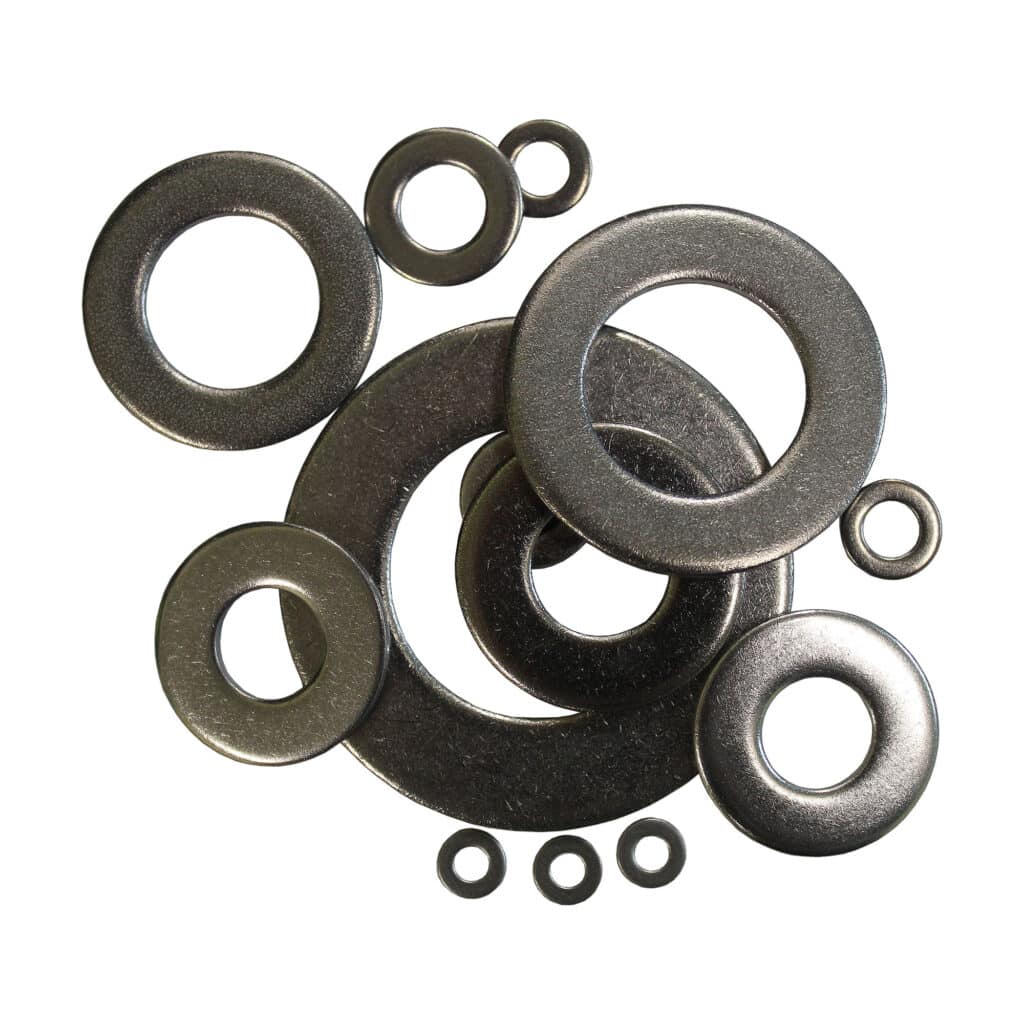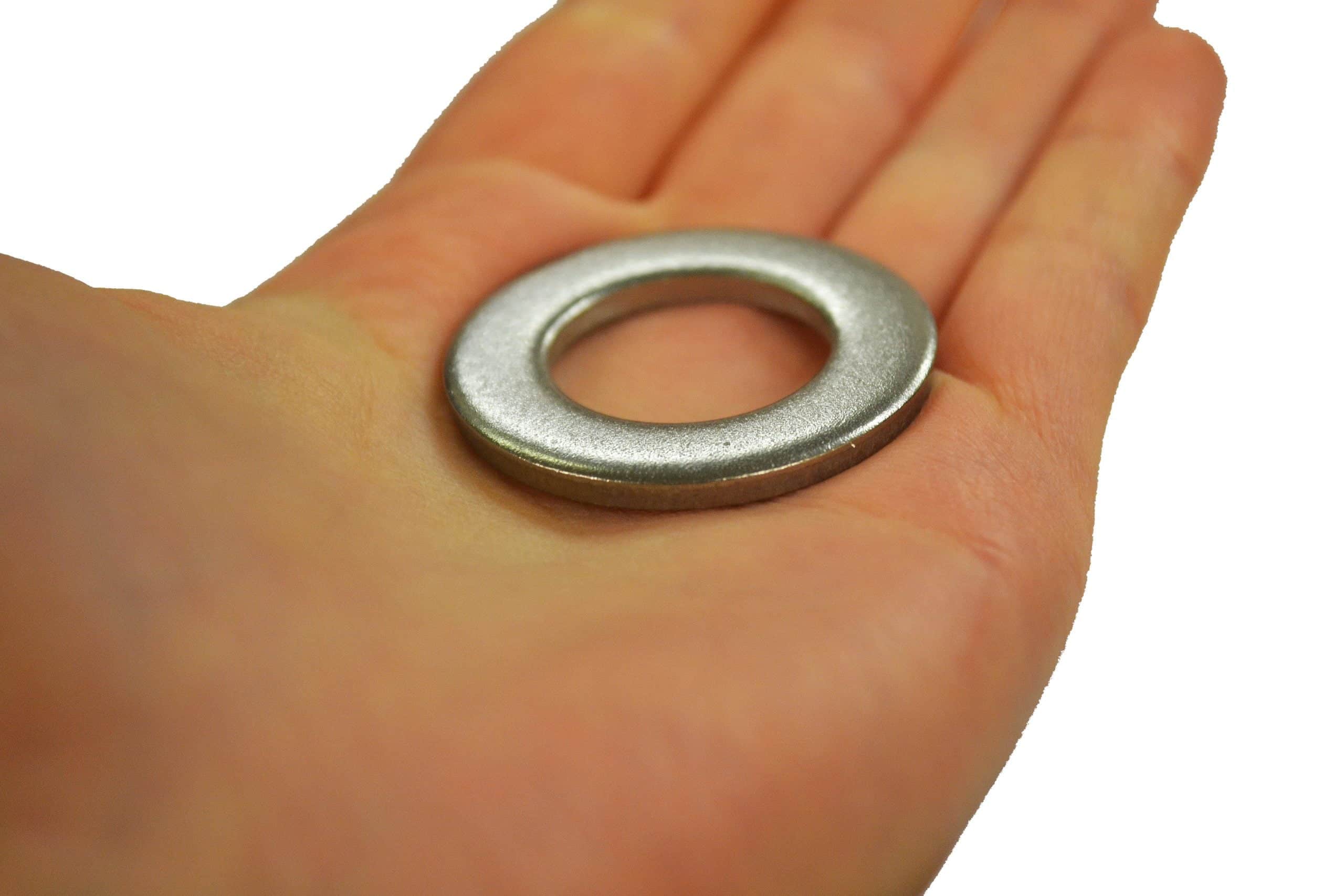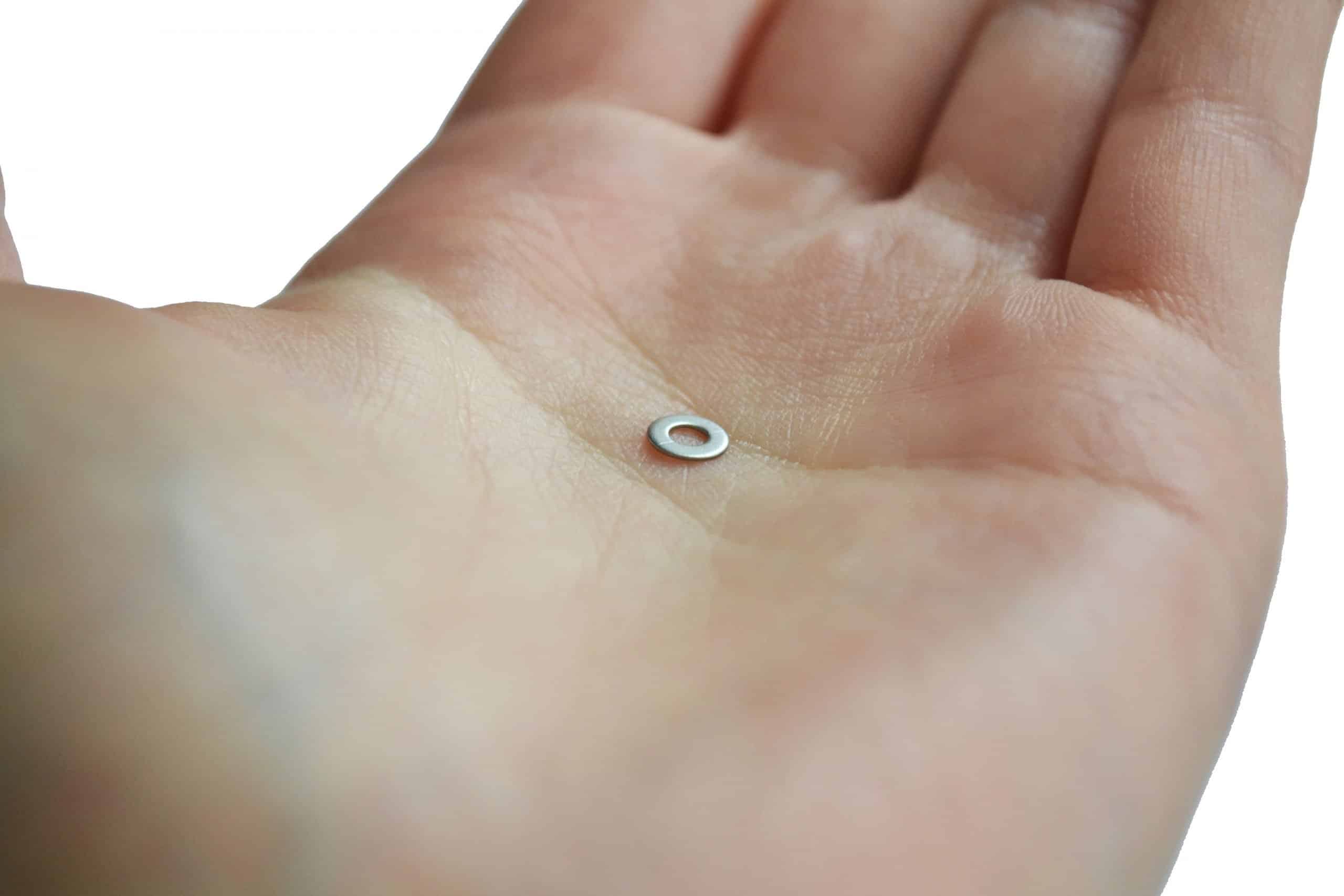- Massive Range
- FREE UK Delivery
- Rapid Dispatch
- Massive Range
- FREE UK Delivery
- Rapid Dispatch
- Massive Range
- FREE UK Delivery
- Rapid Dispatch
Menu
Home » Are Stainless Steel Form A Washers Corrosion-Resistant? Understanding Their Durability

Construction and manufacturing projects depend on the materials they choose.It’s especially true when it comes to fasteners.
A common question from industry professionals and DIY enthusiasts is: Just how corrosion-resistant are these washers?
Stainless steel washers play a huge role in a variety of projects, ensuring durability and integrity even under the most challenging conditions. No matter whether they’re used in marine applications, automotive manufacturing, or construction, these washers have a reputation for reliability.
With this article, readers will learn about the composition and advantages of Stainless steel washers, so they can make informed decisions about how to ensure their projects benefit from their unmatched durability.
Form A Washers are a cornerstone in fastening solutions for various industries, known for their flat design and standard specifications, which make them a versatile choice. In assemblies, washers distribute the load of a screw or nut evenly over a surface, reducing the risk of damage or wear to the material being fastened. There’s a reason these washers are made of stainless steel; grades like 304 and 316 stainless steel are celebrated for their corrosion resistance, thanks to their chromium content.
These washers are often made from grade 304 stainless steel, which offers a good balance of durability and resistance to a wide range of chemicals and atmospheric conditions. In more demanding situations, especially those involving saltwater or high levels of chemical exposure, Grade 316 stainless steel is preferred, since it contains molybdenum, which makes it more corrosion resistant.
As diverse as they are critical, stainless steel washers have a lot of uses. Construction uses them to protect exterior facades, ensuring the longevity of buildings. In the automotive industry, they prevent loosening of components due to vibration, and in marine applications, their corrosion resistance is essential for keeping structures intact in saltwater. It’s important to pick the right stainless steel washer for specific applications, highlighting their role in the overall durability and reliability of projects.
Chrome is primarily responsible for stainless steel’s remarkable corrosion resistance, especially in stainless steel washers. In the presence of oxygen, either in the air or in water, chromium in steel reacts to form chromium oxide on its surface. As a result of this invisible layer, often called a passive layer, the steel is protected from corrosion and rust by preventing further oxidation. As a result of this self-repairing feature, even if the surface is scratched or damaged, the exposed chromium will react with oxygen to reform the protective oxide layer, maintaining the material’s integrity.
Stainless steel’s corrosion resistance varies, however, depending on its composition. With its 18% chromium and 8% nickel composition, grade 304 stainless steel offers excellent corrosion resistance for a wide range of applications. However, in environments with high chloride levels, such as coastal areas or certain chemical exposures, Grade 316 stainless steel, which includes 2-3% molybdenum, provides a superior level of corrosion resistance. The addition of molybdenum enhances the steel’s ability to resist pitting and corrosion in chloride-containing environments, making it an ideal choice for marine applications or chemical processing equipment.
Several factors can impact the corrosion resistance of stainless steel, including:


Beyond their inherent corrosion resistance, stainless steel washers offer a variety of benefits. Various structural applications rely on their durability and strength to ensure the longevity and reliability of connections. As a result of the washers, the load on a fastener is distributed evenly, thereby reducing pressure points that can lead to material deformation.
Additionally, stainless steel washers have an attractive aesthetic appeal. Since the material resists tarnishing and staining, they maintain their sleek, modern appearance over time. They are suitable for visible applications where appearance and functionality are equally important, such as architectural features or high-end machinery.
Speciality Metals has provided washers for a variety of successful projects. The washers have proven their value in a variety of settings, from securing outdoor structures in marine environments to ensuring the integrity of machinery in industrial settings. Making the right choice of stainless steel washer requires consideration of factors such as environmental exposure, mechanical requirements, and aesthetic preferences.
Form A Washers ensure a robust and reliable assembly while also contributing to the quality and longevity of the finished product. These washers offer a versatile solution for a wide variety of applications, with grades tailored to withstand specific environmental challenges.
It is imperative to maintain the integrity and appearance of stainless steel washers in order to maximise their corrosion resistance and lifespan. In addition to maintaining their functional qualities, regular maintenance also enhances their aesthetic appeal. Any maintenance schedule should include regular inspections looking for signs of wear, corrosion, or damage that could compromise the washer’s performance. By detecting potential problems early, timely interventions can be made, ensuring that the washers continue to perform as expected.
Cleaning practices are essential for maintaining these washers, especially in environments prone to corrosion. Washers’ surfaces can be cleaned with mild soap and water to remove harmful residues. With specific stainless steel cleaners, a soft brush or cloth can be used to remove tough grime or restore shine. Avoid abrasive materials or harsh chemicals that could damage the protective chromium oxide layer.
If the washer shows signs of wear or superficial corrosion, minor polishing or passivation can restore its corrosion resistance. By doing this, you get rid of contaminants and form a protective oxide layer on the steel.
In a wide range of applications, stainless steel washers are indispensable for ensuring durability and reliability. Due to their corrosion-resistant properties, strength, and aesthetic appeal, they are commonly used in construction, automotive, and maritime industries. For optimal performance and longevity, selecting the right stainless steel grade requires a thorough understanding of your project’s specific requirements.
The stainless steel washers provided by Speciality Metals cater to the diverse needs of different industries.
Our commitment to quality and reliability ensures that you benefit from washers with unmatched durability and resistance.
As always, thank you for checking out our blog. We hope that this helps you with your project.
Please also check out the other articles in our helpful guide series. We have written about aluminium sheeting and checker plate recently to name but two of our articles.
We are also proud to sell this product on our highly popular eBay store, check us out there too.
If you have any further questions, feel free to contact us.
Speciality Metals
Unit 1, Farrell Street, Warrington,
Cheshire, WA1 2WW, United Kingdom
Quick Links
Payment Options
